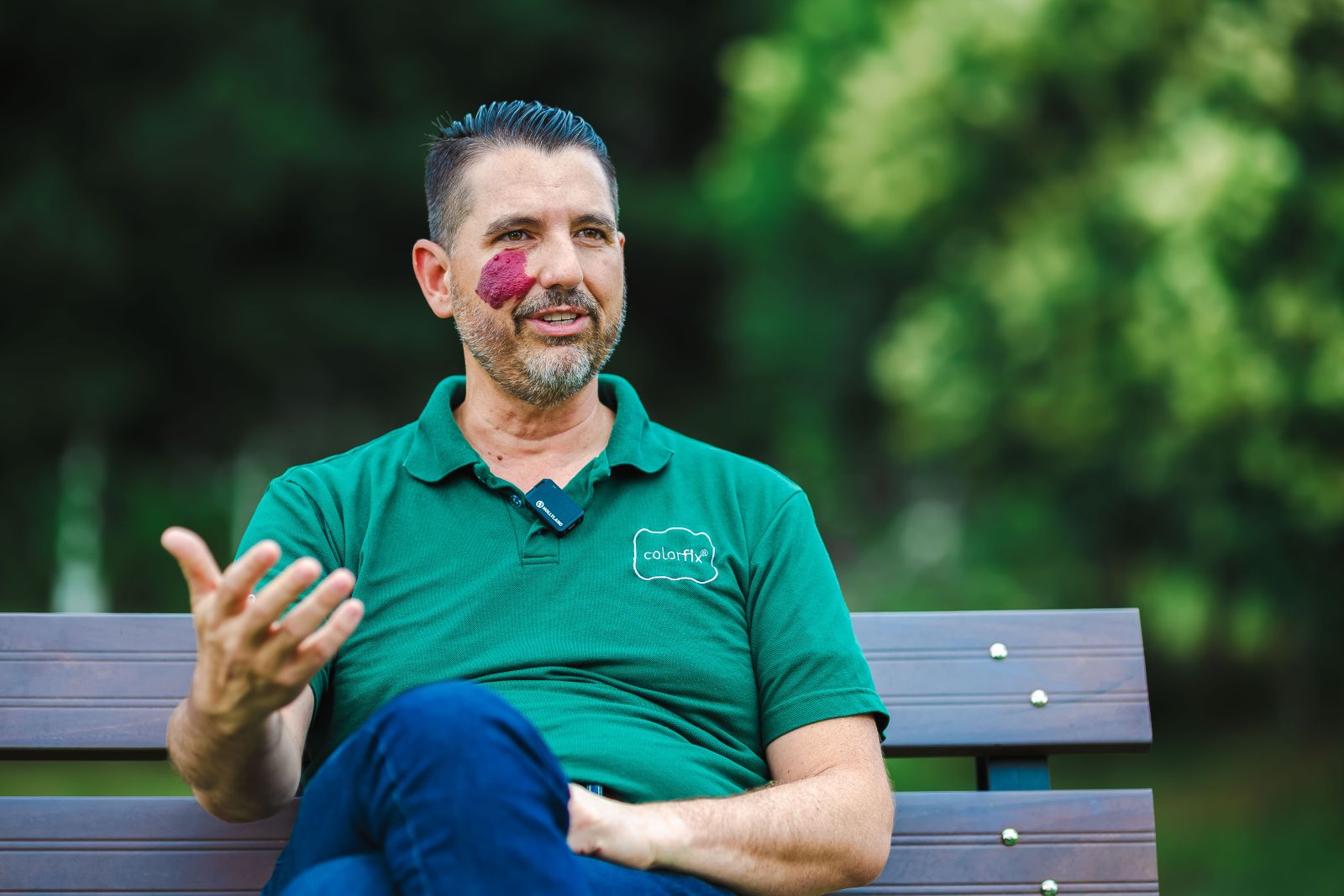Opinion Piece | Francielo Fardo
25 de junho, 2025
June is the month dedicated to discussions about environmental protection. It's great that we have a period for reflection, debate, and discussion about the role of each of us in this journey toward a world that is more respectful of natural resources and less polluted.
During this period, we also see many speeches pointing the finger at those responsible for the destruction of natural resources, or trying to find someone to blame for all the problems we are experiencing with climate change and people's health. However, these discussions need to be less superficial, based on data and, above all, highlighting how much this will contribute to the cause.
We constantly hear speeches based on common sense opinions that portray plastic as the main villain of the environment. This is as incorrect as saying that two plus two equals three. I have been working in the plastic transformation industry for decades, and the company founded by my parents, Colorfix Masterbatches, has been in this business for over 35 years.
This journey allows us to affirm that when plastic is well used and properly managed, it becomes a powerful ally of sustainability. It is versatile, lightweight, durable, and has a lower carbon footprint in various applications, being essential in areas such as health, food, mobility, and technology.
The problem lies precisely in the management of this resource, whether it is the production of unnecessary excesses or inadequate disposal conditions, making it difficult to recycle the material, which prevents the completion of the product's life cycle.
Aware of this, in our activities, for example, sustainability is a fundamental basis both in our processes and in the dissemination of information and inclusion of our internal and external community in the topic. Our team of employees is trained and has an open space for presenting new ideas and less polluting solutions applied to our process. At Colorfix, we do not support greenwashing actions; our commitment to the well-being of people and our existence as humanity is real.
And that is very valuable! Over the years, we have provided the market with numerous solutions that are benchmarks for sustainability and respect for the environment within the polymer processing sector. Recently, our industry launched Revora CO2RE Carbon Reduced, which are compounds developed with technologies that enable the reduction of the carbon footprint for polypropylene, polyethylene, polyamide, and biocompostable compounds. In addition, Revora CO2RE is a CO2 traceability system using a methodology based on ISO 14.067. The measurement is carried out from the extraction of the raw material to the Colorfix exit gate. Our CO2RE project is more than a product, more than a seal; it aims to be a movement to rebuild the future and encourage other companies in the plastics sector and other industries. In other words, intelligence, technology, and initiative for a more respectful and responsible environment are being put into practice.
However, other links in the consumption chain must also respect the use of all materials, whether plastic, paper, metal, glass, or organic. The correct disposal of waste is the first step in starting the journey towards material recyclability. At this point, citizens and industries have a fundamental role to play: everyone is responsible for the waste they produce, and this should not be limited to initial separation, but also to knowing where this waste will be sent.
It is also the role of public agencies to seek alternatives to tirelessly promote the collection of recyclable waste, providing support so that citizens have easily accessible locations for disposal, with the certainty that the destination is ideal. The third sector participates and opens up creative discussions in the social sphere, pointing to plausible solutions on the topic, going far beyond pointing out problems, but suggesting possible alternatives within the available resources.
In the private sector, it is the role of companies to work on internal campaigns that change their employees' view of how to relate to the waste we produce. Actions that go beyond the company's gates and that people can take home with them. Going further, working with the communities surrounding the organization, partnering with schools, colleges, and institutions. These actions must be adopted by all sectors of the economy, not just industry, nor just the polymer processing industry. After all, when climate change affects a region of the globe, its trail of destruction does not only impact a specific geographical region; everyone will be “penalized” by the imbalance and extreme weather events.
It is also the role of organizations to work on this issue with their customers, sometimes offering smart alternatives in their products and services, or even raising awareness through their own example. If your company is focused on sustainability, has rules, is certified, and maintains environmental quality standards, it will inspire the entire chain, no doubt about it. This is how we operate at Colorfix, and the market recognizes this.
Therefore, before we point to plastic as the villain, we need to ask ourselves first: how do I relate to the plastic I use every day, whether as a company, a social organization, a public authority, or even as a citizen? There is certainly no single answer. It is a time for reflection, but beyond that, for urgent action. The balance in the use of resources and care for the environment is in our hands. What are we doing to save our existence?
Francielo Fardo – CEO of Colorfix Masterbaches – A leading company in Paraná in the transformation of plastic



